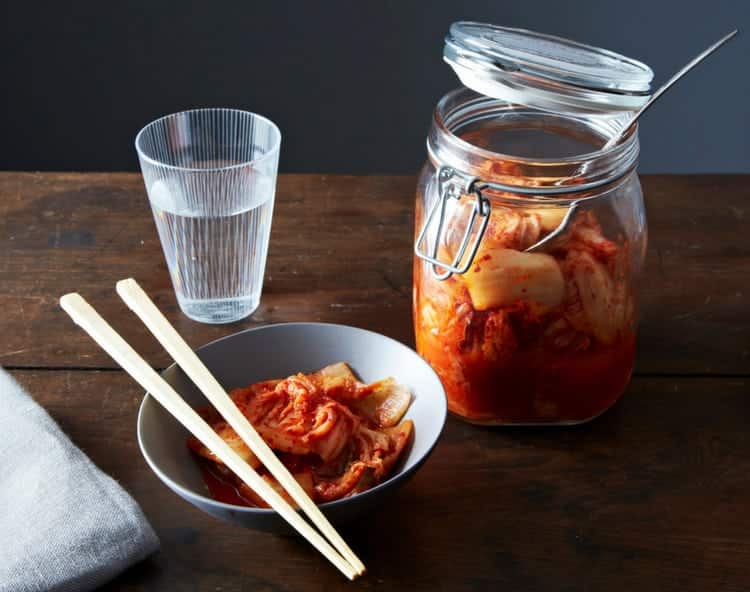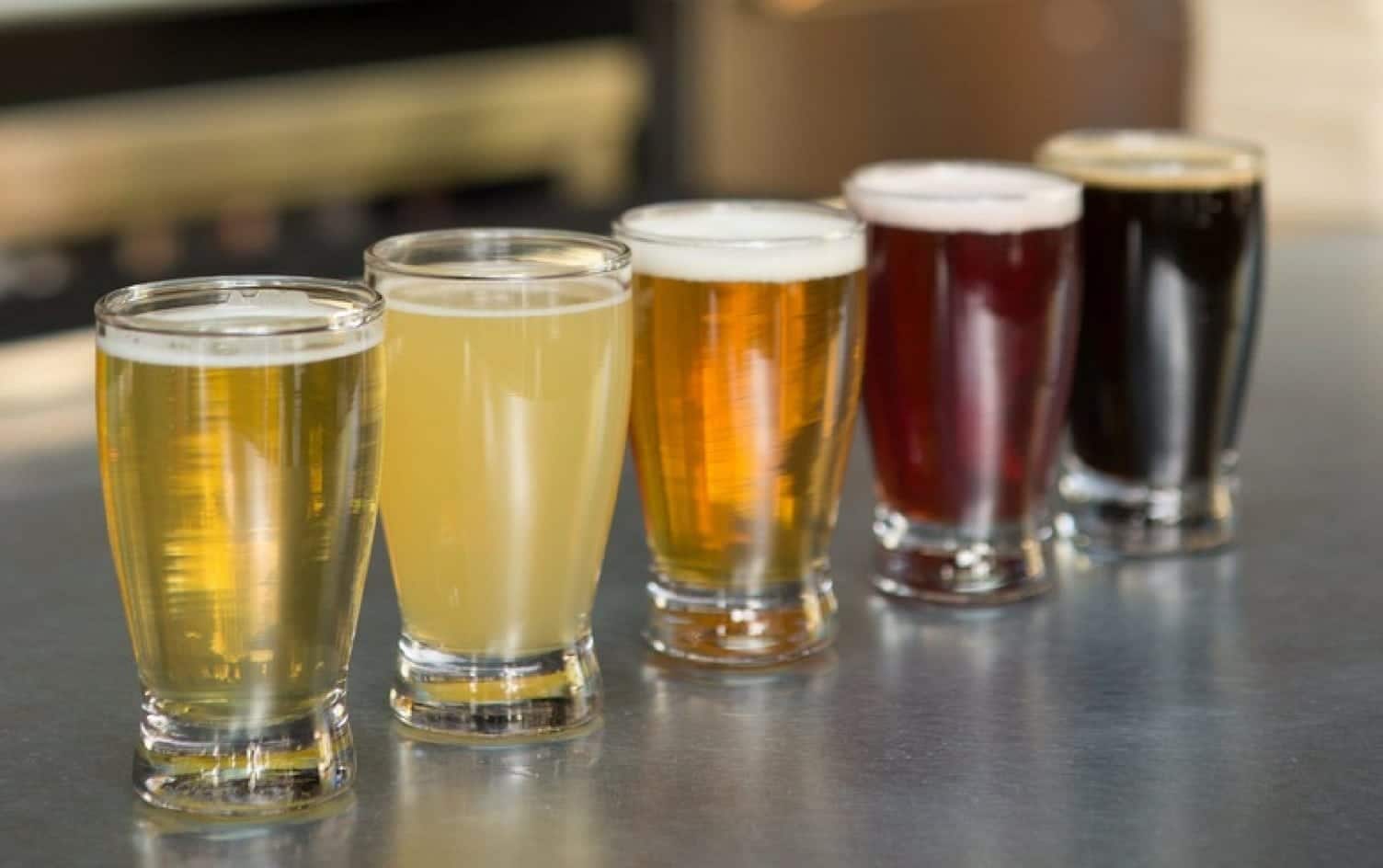Here are two facts:
- Fermented food is good for you. (More on that in a minute.)
- Beer is a fermented food.
So it naturally follows that beer is good for you, right? Well, not so fast.
Fermented food is beneficial because it’s already breaking down, which is easier on your digestive system. Pickling cabbage to make kimchi, for example, essentially pre-digests your food, making it pass easier through your body, reducing the amount of bad sugar. This in turn can reduce inflammation, reduce your cravings for more sugar, strengthen your stomach lining — and, as a byproduct, your immune system. Basically, by strengthening your gut’s wall, you’re making it harder for bad bacteria to penetrate. It can even help detoxify your body, by filtering out some of the bad stuff that comes through. All of this is to say that the thought of detoxifying by drinking beer seems like a rather dubious proposition — just like beer as a post-workout recovery drink.

WHY BEER IS DIFFERENT FROM KIMCHI
The main reason beer, while fermented, doesn’t offer the same benefits as kimchi and the like, is because the hoppy acid in beer essentially counterbalances the effects of the fermentation. And then, of course, there’s the sugar and the alcohol, whose detrimental effects override any potential health advantages brought on by fermentation.
That hasn’t stopped the fine minds at the National University of Singapore from trying, though. Last year, scientists there introduced a sour beer with the same probiotic strain of bacteria found in many Greek yogurts. No word on when, or if, it will come to market, though at 3.5% ABV and a flavor described as “sharp and tart,” it might not be worth lining up for.
READ MORE > 10 LIGHT BEERS THAT ARE ACTUALLY GOOD
COULD THERE BE AN EXCEPTION?
That all said, some beer does include some helpful bacteria: Specifically, unpasteurized and unfiltered beer, in which the alcohol kills the bad bacteria and leaves the yeast and enzymes, can provide healthful benefits. Most mass-produced beers are pasteurized, meaning they’re sprayed with 140°F water to kill bacteria and stop any yeast inside from growing. But most local beers and even keg (or draft) beer is not pasteurized, so what’s inside can grow wild and free. (With most locally brewed beer, though, you’re usually drinking something that’s so fresh that what’s inside isn’t really all that wild or free.)
But, a few up-and-comers have leaned into this wildness, producing beers that are funky yet tasty — and even, sorta-kinda good for you, maybe. Keep an eye out for lambics (which use a special regional type of yeast from Belgium) and sour beers in particular or ask your favorite friendly home-brewer if she’s letting her beers grow untamed.
If you head to Austin, the James Beard-nominated Jester King brewery is pioneering some out-there stuff, including a series of beers where the original, unfermented beer (aka wort) is inoculated with wild yeast and bacteria, then aged and fermented in oak barrels for up to three years, producing a beer where even the brewers won’t know what it tastes like until it’s done. (The process is known as spontaneous fermentation.)
If you’re feeling really bold, seek out Briar Common in Denver, who took inspiration from a popular fermented food for one of its newest beers: Sour Seoul, a chili ale inspired by — you guessed it — kimchi.




